- How much should my child be talking at his age?
12 months First Words 18 months 5-40 words 2 years old 150-300 words and 2 word combinations 4 years old 2000 word and 5 word sentences 6 years old Grammatically complete sentences in conversation - My child says wove for love, is that normal?
It depends on their age and development. Most children make mistakes in their speech during the first few years of speech development. But by about three years, most children can be understood by their main caregivers, siblings and peers. If you’re worried that your child might have a speech disorder, think about how often people who don’t know your child have trouble understanding what your child says. Consult with our therapist on appropriate speech developmental norms and any concerns you might have.
- How long will speech therapy take for my child to catch up to his/her peers?
This is a case by case answer. It depends on many factors such as: severity of the disorder, child cooperation/motivation, and response to treatment approaches. Family involvement in implementing home practice is another significant factor.
- My two-year old appears delayed in speech-language development, BUT my pediatrician says he/she is probably just a late talker and will grow out of it. Should I do something now or wait?
While it is true children show some variation when they achieve early language milestones, it also is true that a skilled speech-language pathologist can usually identify children who are more at risk for persistent delays, or who are showing signs of more deviant speech language development (sometimes associated with other developmental disorders, such as autism). Also, children learn more during these crucial early developmental years. Our therapist can help you determine your best options.
- My child has had multiple ear infections, can that affect my childs hearing or speech?
Not all children with ear infections have speech and language delay; however, many children receiving therapy for speech and language delay have a reported history of recurrent ear infections. The best thing to do is schedule some time with a speech therapist to determine your child’s developmental skills.
- My Child is a picky eater, should I be concerned?
Our speech-language pathologist can help determine if your child is a picky eater or problem feeder. A few red flags that would warrant therapy services would be if your child eats less than 20-30 different types of foods, avoids specific textures, or has signifcant reactions to non-preferred foods (tantrums, gagging, etc.). Receiving a full evaluation will provide you and your family information and support to understand “picky eating”. - How does your therapy compare to school therapy?
Our speech therapy approach is focused on one on one treatments with increased level of child and caregiver involvement. This approach allows us to diagnose and progress the child efficiently, as well as tailor thearpy to meet the child and family’s individual, unique needs. Additional services we offer include: sensory input, oral motor, feeding, and swallowing therapy. The school therapists are great at what they do, and we find ourselves being an extremely effective addition to the schools programs offerings.
- What other things do Speech therapists due besides speech?
- Eating and Swallowing
- Voice
- Short Term Memory or thinking skills
- Social skills
- Language Comprehension
- Language Expression
- Do you guys have relationships with alternative payment sources?
Yes we do, we are constantly learning all our forms of payment options. We work hard and are commmited to no child being left behind. Private pay and insurance pay are our most common but there are other sources of funding out there that we can help you explore. We partnered with Turtle Wing so they may also be a fit for you and your family.
Turte wing is a tri county organization that helps family’s with needs and is a real source of great funding, networking, and socialization.
- What are some Therapy Techniques CHPT Offers?
We focus on implementing a floor-time therapy approach in our sessions, as well as sensory-based, traditional, wholistic, and total communication. However, we first get to know the child and your family to see what works best for you! Each therapy session is individualized and shaped for your child.
- What is floor time therapy approach?
Floortime therapy is a child-led approach that focuses on understanding development, identifying individual needs, and building relationships. As the name suggests, Floortime involves the therapist and caregivers getting on the floor to engage in play and following your child’s lead, all while integrating goal-oriented strategies.
- Can I join in or observe the evaluation/session?
Yes, highly recommended. We focus on family involvement and carryover at home.
- How do I get started?
Call, schedule evaluation, fill out intake forms.
